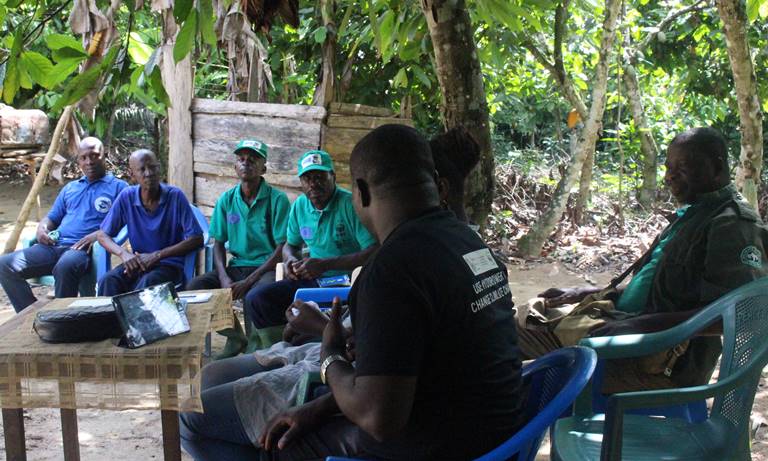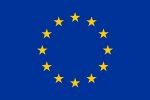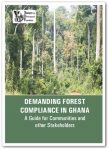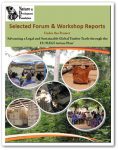Advancing a legal and sustainable global timber trade through the EU FLEGT action plan.
Background
Ghana ranks 135 in the Human Development Index (HDI), 28% of the population, concentrated in rural areas, lives below the poverty line. Illegal timber extraction & trade is estimated at 60% in Ghana. Poor management of forests costs Ghana at least 1.1% of GDP every year (EC CSP for Ghana). More than half of Ghana’s €210 million annual timber harvest is exported to the EU. Ghana has proceeded to implementation stage & is experiencing difficulties in setting up a Legality Assurance Scheme (LAS), as well as ensuring adequate involvement of all stakeholders in VPA implementation. The Ghana-EU VPA was signed in September 2009, with the agreement of all stakeholders in country. However, in Ghana the lack of clear concrete proposals for the forest law reform process required means success of the VPA will depend to a great extent on the involvement of civil society to ensure Ghana deliver just and equitable forest. management.
Achievements
The Project achieved its specific objective of securing a decrease in illegal logging activities in Ghana, while at the same time promoting the delivery of equitable benefits to forest dependent peoples by:
- Building capacity and increasing the engagement of non-state actors (NSAs) in VPA processes;
- Researching and implementing innovative solutions to increase supplies of legal, and ultimately sustainable, timber and wood products destined for the EU.

Duration
Jun 2013 – December 2015
Sponsor


